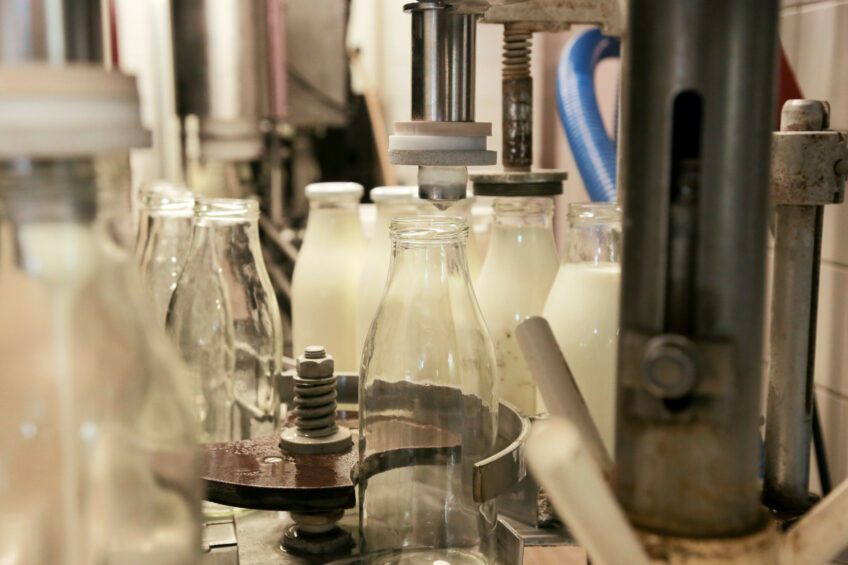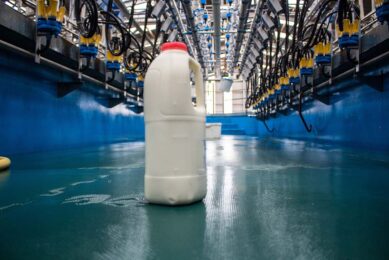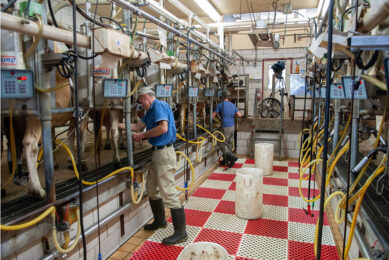Poland dairy industry experiences a consolidation wave

As the financial situation in the Polish dairy sector remains challenging, the consolidation trend is gaining steam, according to local sources.
Over the past few weeks, the Polish dairy industry has witnessed a series of major acquisition deals. One such deal involves the German dairy giant, DMK Deutsches Milchkontor, planning to acquire the Warsaw-based Mlekoma Dairy. This move, subject to approval from the Polish Office of Competition and Consumer Protection, is a big change for the Polish dairy industry.
Mlekoma produces skimmed milk, whey and cream powder. The company runs 2 production plants in central Poland – Mlekoma in Przasnysz and Foodexo in Brzeziny – manufacturing an average of 42,000 tonnes of dairy products per year.
A local news outlet Money, reporting about the deal, highlighted the growing interest of German business in Polish assets, including in the dairy industry. Meanwhile, Mlekovita Group, a prominent player in the Polish dairy industry, has finalised the acquisition of KaMos Dairy Cooperative.
With this strategic move, Mlekovita, already the largest dairy company in Central and Eastern Europe, will significantly expand its operations, managing a total of 26 dairy plants. Mlekovita has underlined that this merger will bolster the market and processing potential of the newly incorporated entity.
M&A deals rise in popularity
Dariusz Sapiński, president of the management board of the Mlekovita Group, said that as the Polish dairy market is far from its best shape, the consolidation trend in the industry picks up the pace.
“The present situation in the dairy market is difficult, and the gradual concentration of production and processing means that the dairy sector needs transformation more than ever,” Sapiński indicated.
The available statistics showed that the Polish dairy sector is far from its best shape. In 2023, the Polish Chamber of Milk repeatedly voiced concerns over the deteriorating financial performance of dairy firms in the country.
Last year, the Chamber of Milk estimated that only 49.5% of dairy companies generated a profit, down from 79% in the previous year. The parties also said that the takeover is a win-win situation because the acquired assets will use the Mlekovita Group’s comprehensive supply chain to access new markets.
“The merger with the Mlekovita Group will allow us to optimise production and logistics costs. KaMos will also gain nationwide recognition, popularising regionally known and liked products,” the company stressed in the statement.










